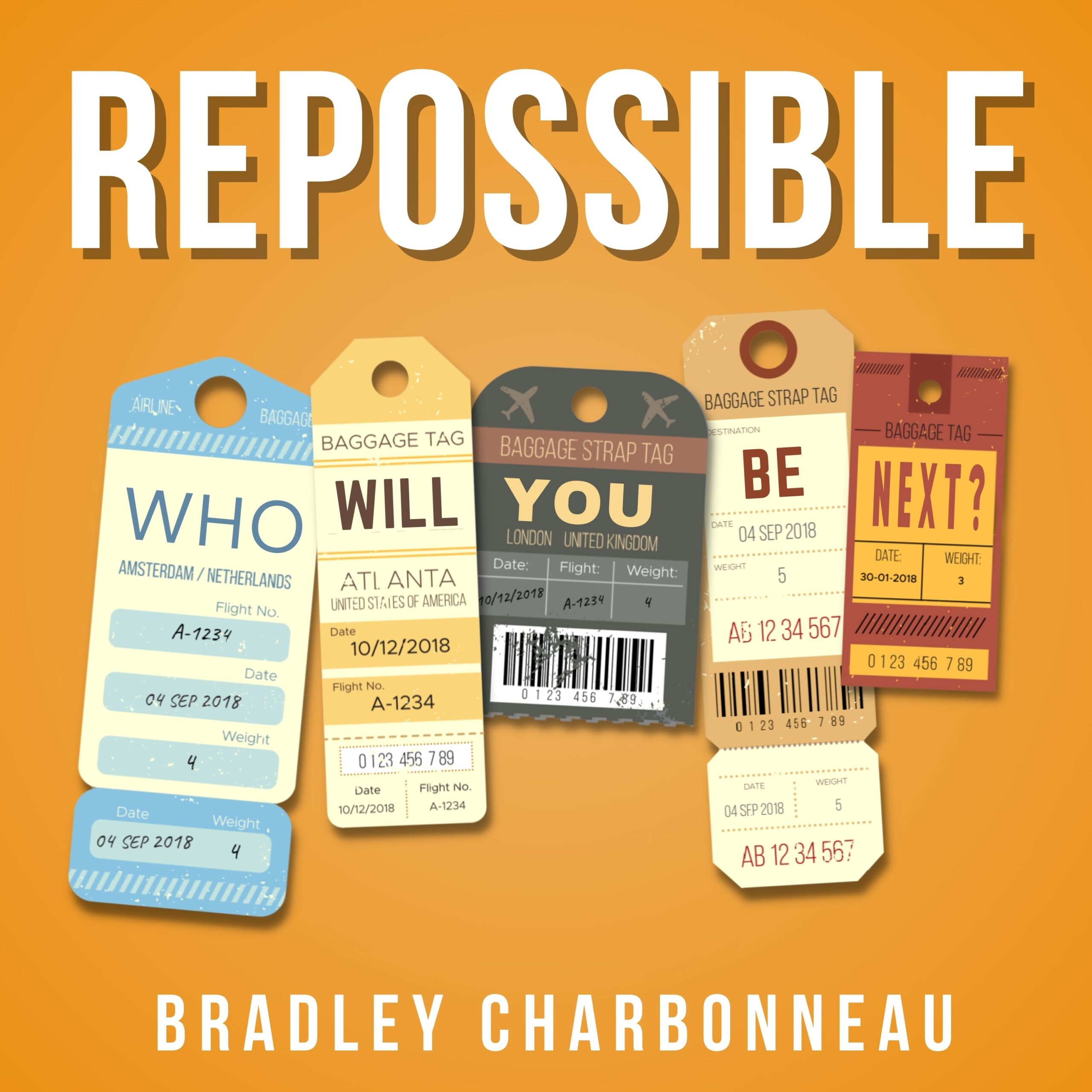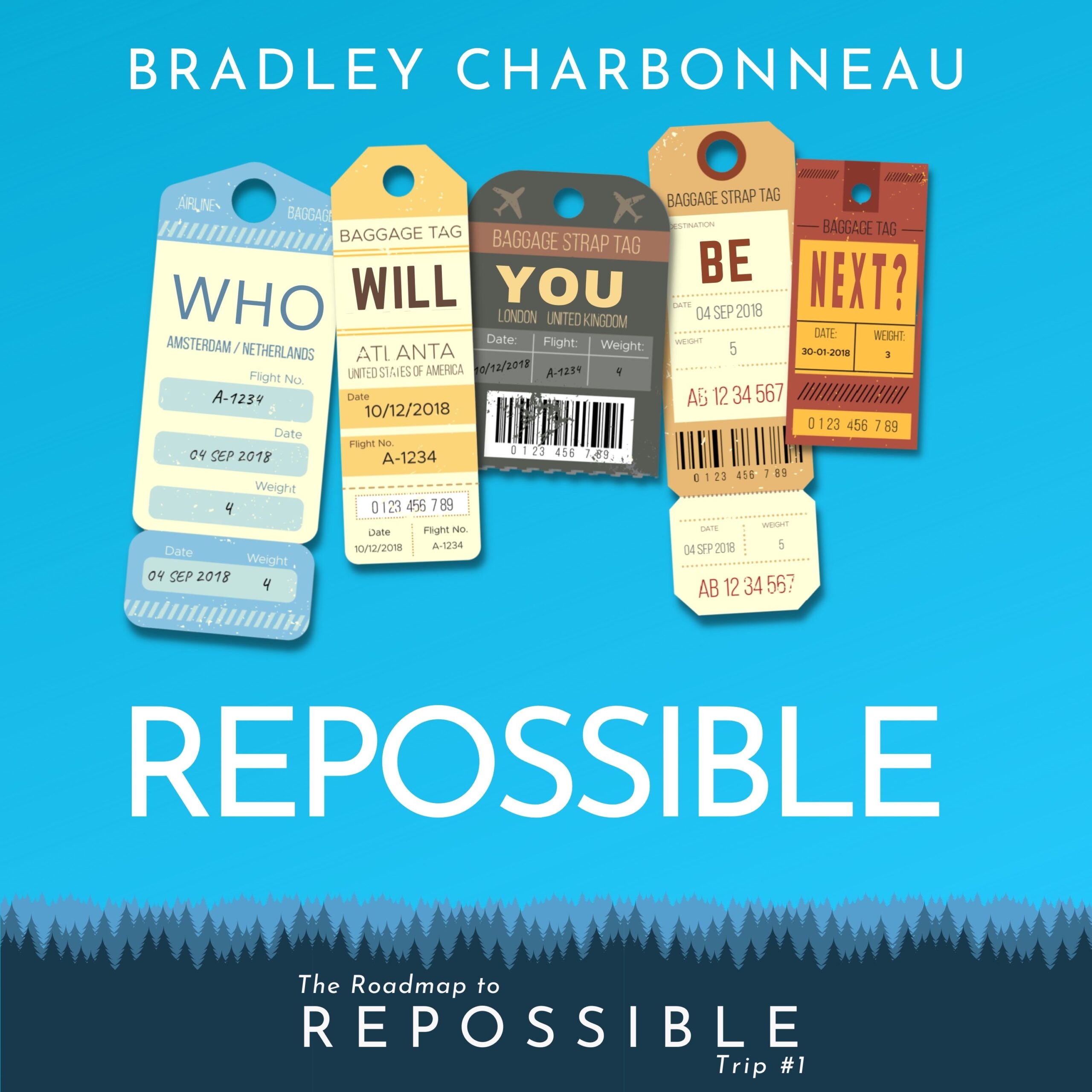Episode Transcript
[00:00:01] Hey, boo boo.
[00:00:03] Hey. Hey, little Thursday thunder here. It's Thursday. I'm Bradley Schraven. Are we possible podcast and Thursday Thunder on the YouTube channel. And time.
[00:00:12] How can we get more of it? Are there really only 24 hours in a day? Can we get that 25th hour? How could we do that? How could we make it possible? Here's a few tricks. It's Thursday. Speaking of time, I do this every single week. And you know how I make that happen? Because I just do it. It's on my calendar. When it's Thursday, I'm recording a video and audio. That's it. It's so simple. And the beauty and the power is in that simplicity because that's exactly what makes it work. The simplicity. If it's Thursday, I'm recording a video. That's it. Also, every day I do a YouTube short. Or recently I've been doing a 30 day challenge where I'm writing a post every day. Every day for 30 days. I think I'm on day 60 or something, but that's because I tend to just take things to the extreme. But hey, 30 days is really all you need to get rolling back to getting more time.
[00:01:14] I had this idea where I was going to make up a story. You know what? Let me do it. Here we go. I'm gonna make up a story here for fun, as if this happened, but it didn't. And I'm thinking of someone who's probably not gonna be watching or listening to this. But even if he does, that's fine. Cause maybe he can learn something from it. Here's the scoop. Ready? Here's my not real story. But you'll see where I'm going in a minute.
[00:01:41] When I was 20 years old, I had a job in a truck and we delivered furniture around the country. We had long days. There were sometimes 12 hours. 09:00 a.m. to 09:00 p.m. and in this truck, a lot of our job was actually driving around the country. So together with my buddy, we had hours and hours of time when we are working. So if you're thinking about my upcoming books, Kairos and Kronos title being Kairos time. Kronos time. The difference being Kronos time is regular time, like what you see on a clock, 1 second, two second, 3 seconds. And Kairos time is time that goes more quickly or stands still, like when you usually. It's often related to emotion. If there is a terrible event, like a catastrophic disaster, sometimes time can stand still because it's scary or terrible. And your emotions somehow have a gauge onto your own internal clock. And it makes like, it seems, seems like the moment is lasting forever. On the other hand, emotionally positive, emotional times, like you're in love or you are infatuated with something or you're on the greatest holiday of all time, and then time seems to fly by, you know, wow, my date with her is over. Where did the time go? That's Kairos time. So another element of Kairos time is the idea of, and I don't want to use this word, but I'm going to use it because you'll understand it, multitasking. I am not a fan of multitasking, except if you do it properly. Properly. For example, what am I doing right now? I am doing. I am walking. Pepper. There's pepper. If you're watching the YouTube version of this and I'm getting a little exercise, I'm outdoors in nature, that's already three things. And I'm recording a podcast and recording a YouTube video. That is five things I'm doing at the same time. So I guess according to definition, that is multitasking. However, what am I, am I paying less attention to one element of it? For example, if I were driving a car, I'd be a little concerned because I should kind of watch out for where I'm driving. I don't want to get in an accident. Right. Whereas here the worst is going to happen is I trip over a route. So the dangers of the multitasking here are not really impeding or reducing the effectiveness of one of the elements. I suppose you could say I'm enjoying the nature a little less because I'm here focused on my story today and the video and the audio and so. Okay, yeah, I'm listening last to the nature because I'm blabbing away here on my video.
[00:04:45] So back to multitasking. And remember, I don't like that word, but we're going to use it. Let's say I'm 20 years old and I'm driving around all day and we're delivering furniture in the multiple hours where I'm driving, let's say 75% of the time of the day I'm driving and 25% we're delivering the furniture. So that leaves me 75% of the day. Let's say the day is just for fun. Let's make it 10 hours to make it easy. Math, 10 hours I'm driving, 10 hours of the workday.
[00:05:23] Let's call it seven, 7 hours I'm in that car.
[00:05:27] What am I doing for 7 hours in that car. Am I listening to music? Am I talking with my friend? Am I staring out the window? Am I. Are you seeing where I'm going with this? We have 7 hours in this day where I can turn a simple chronos time, a single layer of time, where all I'm doing is one thing, driving. And I can add an element to kind of double up my kronos and make it a bit of kairos. Remember, the idea of Kairos is sort of bending time, getting more out of the same 24 hours that we all have, so that there might sort of be a 25th hour in that vein.
[00:06:14] What could you imagine that I could do?
[00:06:18] And I don't need to take the entire 7 hours. I'm not making it a double workday. But let's just say I don't know. I'm an audiobook fan. What if I listened to just 1 hour of some audiobook where I learned something?
[00:06:36] Maybe it's a, you know, dare I say, non fiction book about personal development. Gee, who would have thought of that? So what if one of those 7 hours we're listening to an audiobook, something where I could improve myself, I could work on some aspect of myself. Or it's more specific.
[00:06:57] I choose to take 1 hour and learn a language. Or I could learn.
[00:07:03] What else could you do in the car? I suppose I could learn to play the harmonica. I could learn. I could learn an instrument, a musical instrument that I could bring with me in the truck. Of course, my partner would have to sit through at least an hour of me learning the harmonica. But you get the idea. So with this limited amount of time we have, we have the 7 hours in the truck. How are we using that time to our best advantage? So that. I think it was. What's the guy's name? I know a lot of people don't like this guy, but the rich dad, poor dad. I used to call him Kawasaki, but that's the motorcycle. Kiyosaki. Maybe. Anyway, the guy who wrote rich dad, poor dad and four quadrants of whatever, I don't remember it all. He did say one thing that I did remember, and that was, if you're not earning, at least be learning.
[00:07:59] So if you're not gonna earn, at least learn. So let's say that my truck job, my delivery job, it pays, you know, but it's also allowing me the freedom to learn at the same time.
[00:08:14] What if I just did 1 hour? Remember, I have 7 hours. So if I want to listen to music for 5 hours and I want to talk with my friend for 1 hour. I still have 1 hour a day that I could spend on learning something, on improving myself or increasing a skill or practicing a skill. I could learn about the financial markets. I could learn about trading stocks. I could learn about, I don't know, crypto. I could teach myself some AI. I could learn a language. Okay, I already said that one. You see where I'm going? What could you learn in the time that you already have in your day where you're doing something else, where maybe you're even earning and you could learn? What could you learn in that day? What could you learn for just 1 hour a day? What if you worked four days a week, that is 4 hours a week of XYZ, and then what if after six months? So that'd be 4 hours a week times 16 times six. What's that? I don't know. 15 times four is 30, is 60, is times four times 660 would be something like 90. What if you had, call it 100. You had 100 hours after six months of something that you dove into and gave it your best shot? There we go. That's it. I'm almost at ten minutes. That's my time for today. What's your time for today? And how are you going to expand it from Kronos to Kairos? I'm Bradley Sharman with the repossible podcast and Thursday thunder. Check it out. Bye for now.


